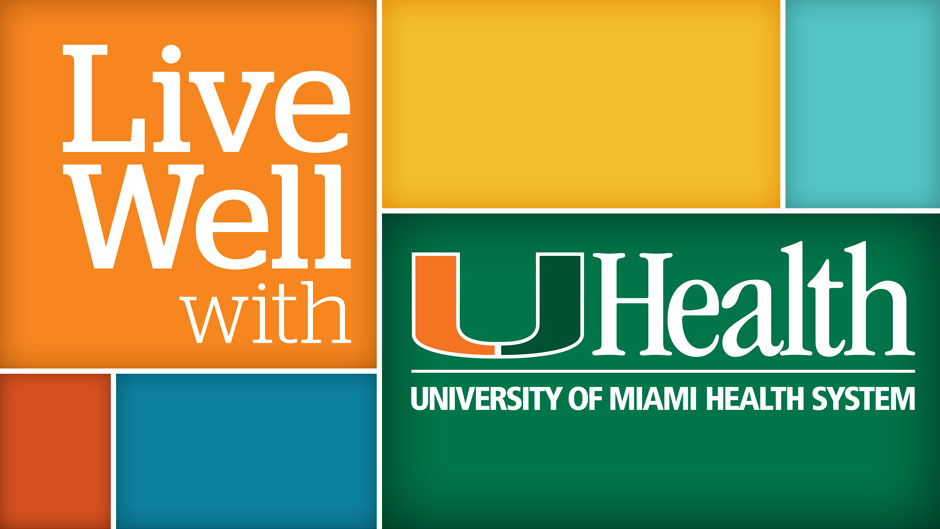With a pandemic underway, the elderly population is facing a number of challenges. Among them, many are at higher risk of dying from COVID-19, and being isolated from friends and family can trigger mental health issues—a particular concern for those who live alone.
Dr. Marcio R. Soares, a geriatrician with the University of Miami Health System, offers insight for individuals older than 65. Review his suggestions to protect your health and sanity during the pandemic, including healthy eating, exercise, and physical distancing.
Find emotional support.
With new safety protocols, restricted freedoms, and a heightened sense of isolation, Dr. Barbara J. Coffey, professor and chair of the Department of Psychiatry and Behavioral Sciences at the Miller School of Medicine, encourages caregivers to help the elderly stay connected with others. Whether it’s by scheduling regular video conferencing or phone calls or sending a note through the mail, checking on relatives and their emotional and physical health can make a huge difference.
Coping with stressful situations depends on the individual. Some seniors may do a better job than others at keeping in touch with their network of friends or family. Learn how you can provide support for the seniors in your life.
Make a plan.
It’s common for adult children to take on responsibilities for aging parents during the last decade of their life—which can include managing bills, medical appointments, medication, and even living arrangements. For seniors without children or with children who are unavailable or unreliable, growing old alone can mean handling a number of health decisions that should be considered before getting to that stage. Dr. Marcio R. Soares offers suggestions for adults entering “elderhood” on their own.
Know about your bones.
As we age, measuring how much mineral or calcium is in your bones can become a concern. A lack of proper density increases the chances of breaking a bone from a normal activity or a simple, non-traumatic fall. Talk to your doctor to see if you are a candidate for bone mineral density testing and to determine your risk. Learn more about osteoporosis and osteopenia, as well as key indicators and how they affect your risk factors.
Knowing your bone mineral density and other risk factors can improve your chances for avoiding fractures and all the problems associated with them. Learn more about preventing fractures in seniors.
Stay fit.
Exercise is important for individuals older than 65 who should modify intensity levels and focus on avoiding injury to cater to the body’s evolving needs and abilities. Staying fit and healthy makes it easier to perform daily tasks safely while providing more energy and independence. It’s never too late or too challenging to become more active and improve your health, according to Dr. Thomas Best, an orthopaedic specialist with UHealth’s Sports Medicine Institute. Learn about the benefits of exercise—on your brain, bones, and balance—and how to get started with age-appropriate activities.
Access the medical care you need at a UHealth facility or via telehealth by scheduling an appointment. Find additional information about scheduling or call 305-243-4000.
Live Well with UHealth is a series highlighting curated content from articles previously published on UMiami Health News, a site that shares useful health tips and insights into research discoveries that change lives, brought to you by the experts at the University of Miami Health System. This story highlights the following articles:
- Coronavirus and the elderly: How to stay safe and sane by Ana Veciana-Suarez, March 30, 2020
- Coping with isolation and other stressors by Dr. Barbara J. Coffey, June 10, 2020
- Solo agers: Everyone needs a support system by Ana Veciana-Suarez, Jan. 2, 2020
- Osteoporosis and osteopenia: What's the difference? by Mary Jo Blackwood, March 6, 2019
- Preventing secondary fractures in seniors by Dana Kantrowitz, Dec. 8, 2018
- Senior fitness: Stay active to benefit your brain, bones, and balance by Dana Kantrowitz, May 28, 2019

